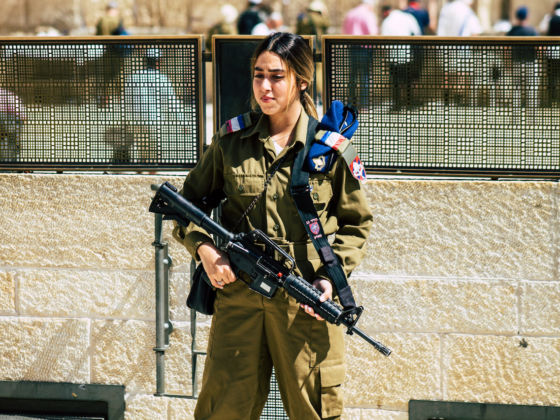I walk to Bethlehem in my sleep, across the shadows of its hills, revisiting the unfinished interactions and the strangers I can’t stop thinking about. I see the same checkpoint, the same soldier leaning against a wall. He sees the headlights and walks across the road.
The hill has been cleared for security purposes. There is no dry rustle of olive trees, only the wind catching at the sand. The moon casts long shadows, spiraling silhouettes of barbed wire. There is a dark stain at the elbow of his uniform, a scar underneath his eye. He flips through my passport one page at a time. “You are from California,” he says and lowers his hands. We stare at the road as it stretches and then drops into the darkness of the wadi. I lean my head against the seat, the Taybeh beer festival still buzzing in my ears.
